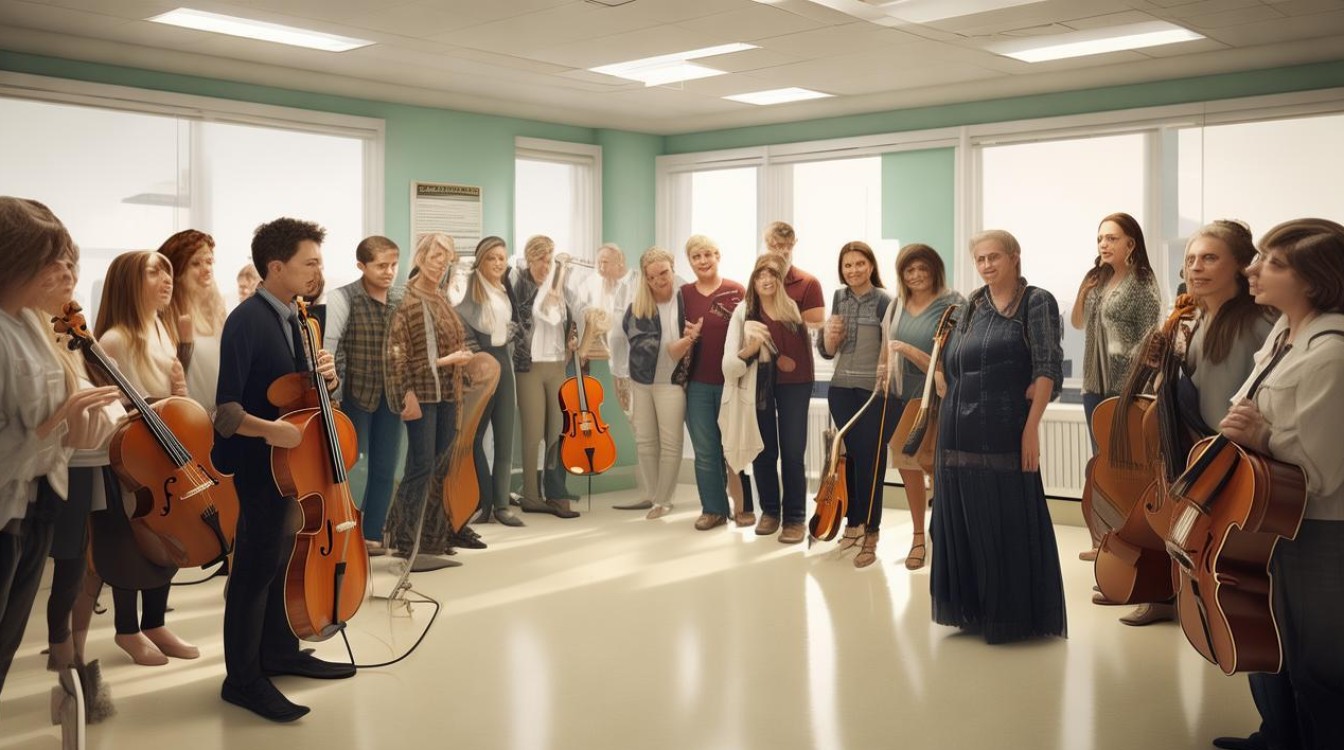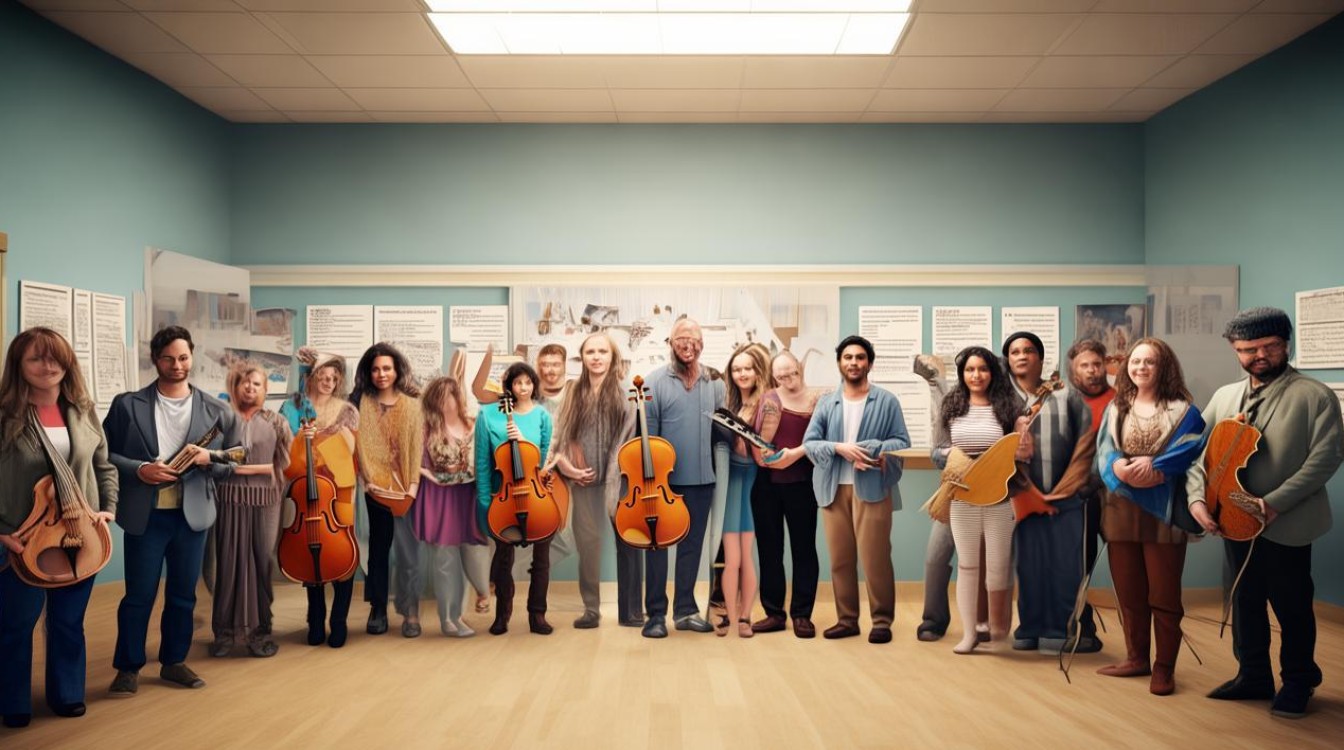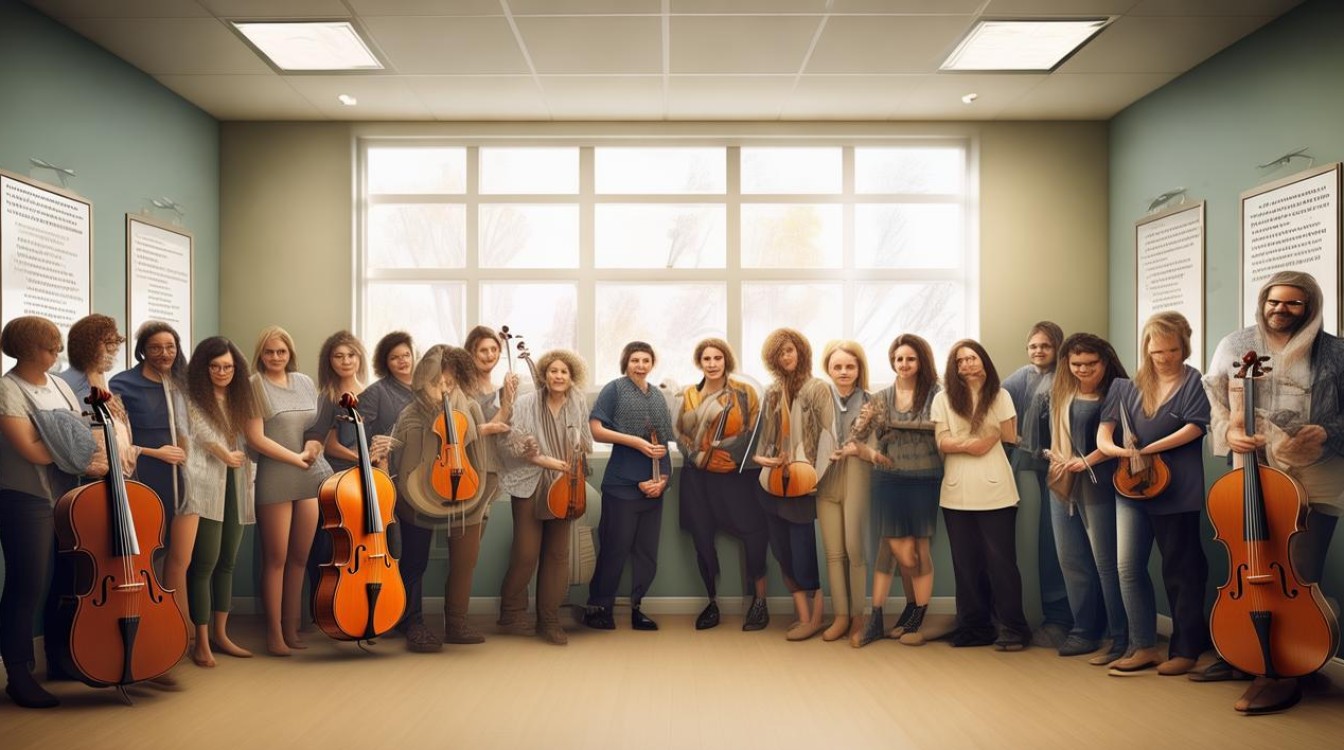Music has the extraordinary ability to transcend language, culture, and socioeconomic barriers. For many aspiring musicians, however, access to quality instruments remains a distant dream due to financial constraints. Instrument donation programs bridge this gap, offering life-changing opportunities while fostering a culture of generosity.

Why Donate Musical Instruments?
Musical instruments, especially well-maintained ones, hold significant value long after their initial purchase. Many students, schools, and community programs struggle to afford instruments, limiting musical education to only those who can pay. By donating unused or gently used instruments, you directly contribute to:
- Educational Equity: Schools in underfunded districts often lack resources for music programs. Your donation could provide a child with their first violin, trumpet, or drum set.
- Environmental Sustainability: Instead of discarding old instruments, repurposing them reduces waste and promotes eco-conscious habits.
- Community Enrichment: Music programs strengthen communities by fostering creativity, discipline, and teamwork among youth.
How to Donate Responsibly
Not all donations are equally beneficial. To maximize impact, follow these guidelines:
-
Assess the Instrument’s Condition
- Minor repairs (e.g., loose strings, stuck keys) are acceptable, but severely damaged instruments may burden recipients.
- If unsure, consult a local music shop for evaluation.
-
Choose a Reputable Recipient

- Schools & Youth Orchestras: Many public schools welcome donations to support student musicians.
- Nonprofits: Organizations like Music & Memory or Hungry for Music specialize in redistributing instruments.
- Community Centers: Local arts hubs often provide free lessons but lack instruments.
-
Include Accessories
Cases, bows, reeds, or tuners enhance usability. A flute without a case is far less practical for a student.
-
Consider Tax Benefits
In many countries, instrument donations to registered nonprofits are tax-deductible. Keep receipts for appraisal.

The Ripple Effect of a Single Donation
One donated piano can serve dozens of students over years. A gifted guitar might inspire a future composer. Real-world examples illustrate this impact:
- The Harmony Project (Los Angeles): This nonprofit provides free instruments and lessons to low-income students, with many recipients earning college scholarships.
- The Mr. Holland’s Opus Foundation: Founded by the composer of The Symphony, this group has donated over 20,000 instruments to schools nationwide.
Overcoming Common Hesitations
Some hesitate to donate, fearing their instrument isn’t "good enough." Yet, even modest donations matter:
- Old ≠ Useless: A 20-year-old clarinet, if functional, can still teach scales and arpeggios.
- Sentimental Value: Passing an instrument to a eager learner honors its legacy better than attic storage.
How to Encourage Others to Donate
- Social Media Campaigns: Share stories of recipients to inspire peers.
- Corporate Partnerships: Urge local businesses to sponsor donation drives.
- School Alumni Networks: Former band members often upgrade instruments and may gladly donate their old ones.
Music is a universal gift—one that should be accessible to all. By donating an instrument, you’re not just giving wood, metal, or plastic; you’re offering the chance to create, express, and belong. Whether it’s a dusty keyboard or a cherished family heirloom, your contribution could ignite a lifelong passion.
The next time you consider selling or storing an unused instrument, remember: somewhere, a student is waiting for the very thing you no longer need. Let’s keep the music playing—for everyone.


